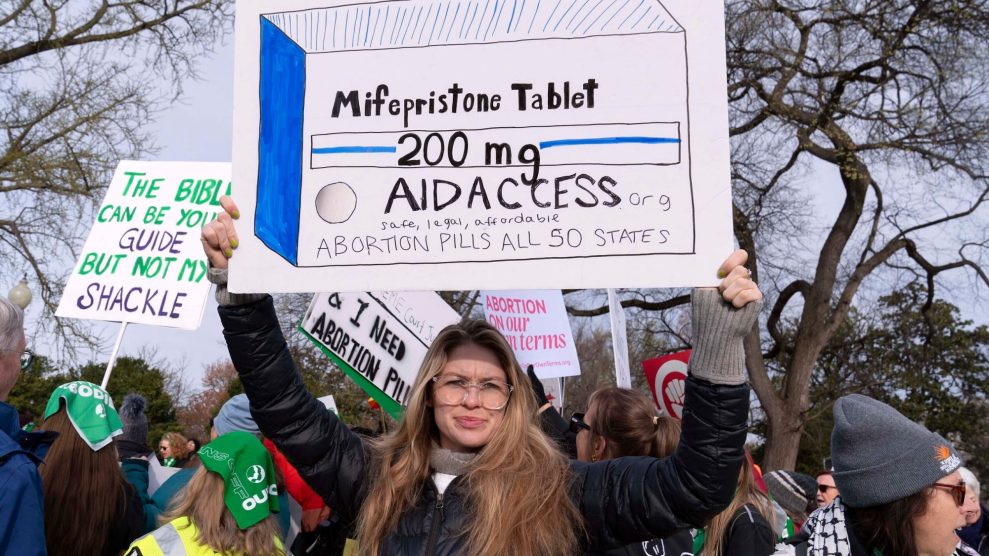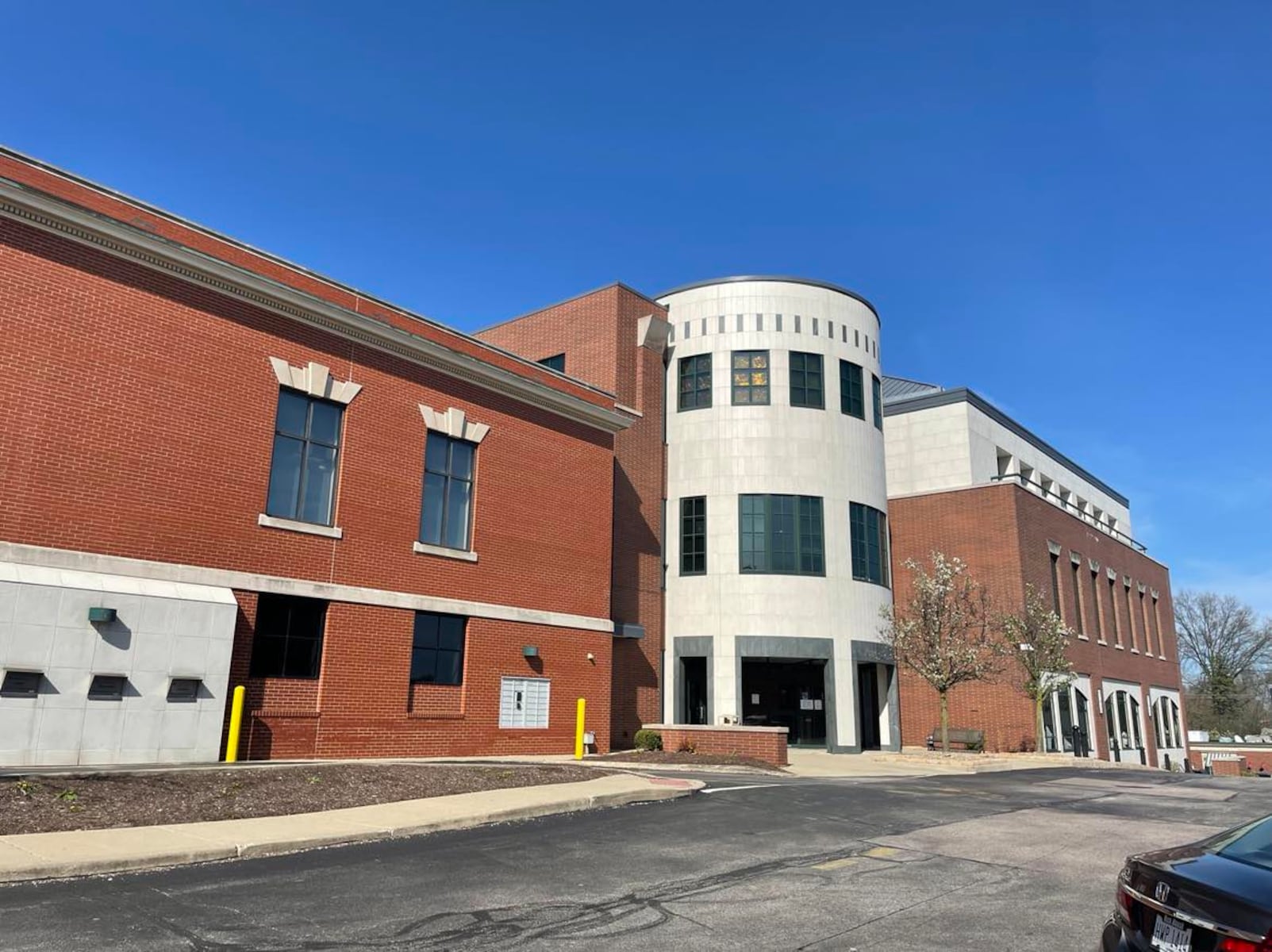
On September 28, 2025, mifepristone, a critical medication for abortion, celebrates its 25th anniversary since receiving approval from the Food and Drug Administration (FDA). Despite this significant milestone, the drug faces unprecedented challenges as anti-abortion proponents, particularly among Republican lawmakers, push to rescind its FDA approval. This effort is part of a broader strategy to restrict abortion access across the United States.
Mifepristone is the first of two medications commonly used in medication abortions. It works by blocking the hormone progesterone, which is essential for maintaining a pregnancy. The second medication, misoprostol, induces uterine contractions to expel the pregnancy. Mifepristone’s approval in the United States followed its introduction in France over a decade earlier, marking a transformative moment that allowed individuals to undergo abortions privately at home, significantly improving access to the procedure.
Changing Access and Ongoing Challenges
Initially approved for use up to seven weeks of pregnancy, the FDA expanded its use to ten weeks in 2016. Advocates for reproductive rights argue that it remains safe for use later in pregnancy, a view supported by the World Health Organization, which maintains that it can be used throughout the first trimester. In December 2021, the Biden administration further enhanced access by permitting remote prescriptions for abortion medications, making them more affordable and accessible.
Despite the Supreme Court’s 2022 decision in Dobbs v. Jackson Women’s Health Organization that overturned the federal protections established by Roe v. Wade, mifepristone has seen a rise in use, largely facilitated by telehealth services and protective state laws. According to the Guttmacher Institute, medication abortions now account for over 60 percent of all abortions in the country, with one in four occurring through telehealth consultations.
Nevertheless, Republican lawmakers have intensified their efforts to restrict access to mifepristone. They have sought to undermine public confidence in the drug’s safety and efficacy, despite more than 100 studies affirming its safety. Carrie N. Baker, a professor at Smith College, emphasized that medication abortion is “safer than Tylenol,” pointing out that political considerations delayed mifepristone’s approval compared to other medications at the time.
Recent Developments and Legislative Actions
In a recent announcement, Health and Human Services Secretary Robert F. Kennedy Jr. and FDA Commissioner Marty Makary indicated that the HHS would initiate a new review of mifepristone, prompted by a letter from Republican attorneys general. This review references a report from the Ethics and Public Policy Center, a right-leaning organization that claims to have identified a higher than previously reported rate of complications associated with mifepristone.
“Anti-abortion policymakers and activists are escalating attacks on medication abortion to continue their crusade against abortion for anyone and at any time through shoddy science, medically unnecessary restrictions, and punitive lawsuits and legislation,” said Kelly Baden, Vice President of Public Policy at the Guttmacher Institute.
Critics have pointed out significant methodological flaws in the EPPC’s report, noting its lack of peer review and vague definitions of critical terms such as “hemorrhage.” Despite these shortcomings, anti-abortion advocates have embraced the report, with Senator Josh Hawley urging a comprehensive review of mifepristone following its release.
Efforts to restrict access to mifepristone have been ongoing for years. As reported earlier this year, anti-abortion groups have called for the enforcement of the 19th-century Comstock Act, which could further limit access to medication abortions. Additionally, legal actions, such as a lawsuit from the Alliance for Hippocratic Medicine in Texas challenging mifepristone’s approval, indicate a proactive approach by opponents to roll back access to abortion medications.
Meanwhile, states like Louisiana and Texas have passed laws to classify mifepristone as a controlled substance, impacting not only abortion care but also other medical services. Texas has recently enacted legislation allowing private citizens to sue anyone involved in the distribution of abortion pills, further complicating access.
As mifepristone turns 25, advocates for reproductive rights continue to highlight its transformative role in reproductive health. Danika Severino Wynn, Vice President of Care and Access at Planned Parenthood, reaffirmed that “abortion is health care, mifepristone is safe and effective, and everyone deserves the right to make their own decisions about their body.”
In an op-ed published on the same day, Elisa Wells, co-founder of Plan C, described mifepristone as a “transformational and disruptive hero” in the fight for modernizing abortion access, asserting that barriers imposed by political opposition will not deter access to abortion pills.
The future of mifepristone remains uncertain as legislative and societal battles continue to unfold. Its significant impact over the past quarter-century underscores the ongoing struggle for reproductive rights in the United States.





